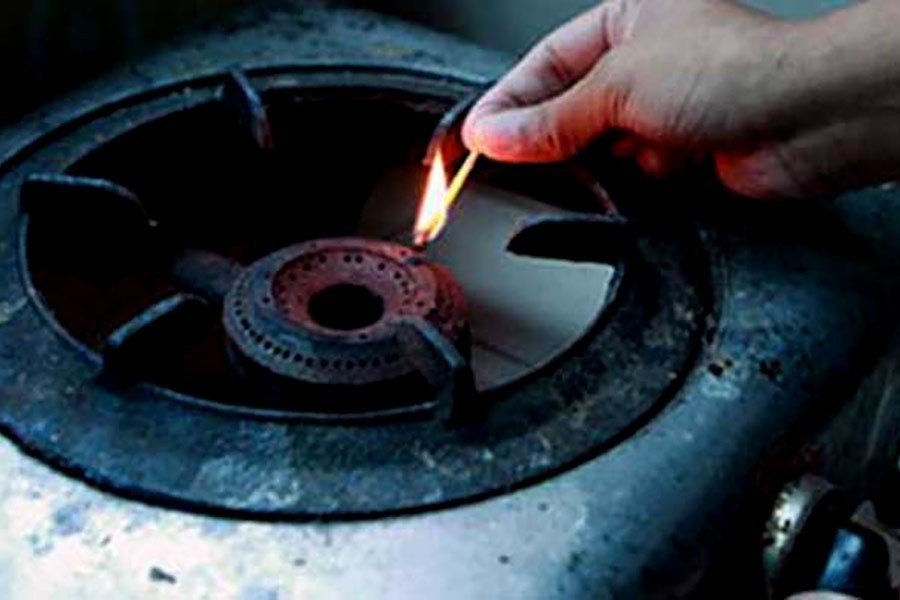Disruption of any utility service can upset the normal life of city people. On a tight schedule, urban people hardly have any alternative to such services. Natural gas may occupy the third position in the order of importance after water and electricity but a single day's suspension of this essential substance can give people a nightmarish time. After all, the gas is the only fuel most city-dwellers now use for cooking their foods at home. But if gas suspension -- as it happened on Saturday morning continuing until the next morning -- is enforced without any prior notice in wide areas of the city, its impact is likely to be telling. Reportedly, the disruption in gas supply was due to a technical glitch.
Accepted that glitches like this are not an unheard-of development, particularly in the context of not so advanced and sophisticated technology used in the transmission and distribution systems of gas here, but the explanation advanced by the companies concerned are naive. The confusion over notifying the customers beforehand is unacceptable. The Gas Transmission Company Ltd (GTCL) officials appear to have given different reasons for the failure to notify the public. One version says that they were too busy until midnight to make preparation for the repair of the valve that went out of order. Contradicting this version, another contention is that a decision was made to alert the city-dwellers of the problem but the agencies involved forgot to do so. Which explanation is correct? When 700,000-900,000 customers, almost one-third of the Titas Gas Transmission and Distribution Company's total, are involved here, how can the authorities do without informing them well in advance if there is the slightest opportunity available for it? The issue is the last thing to be taken so casually. Alerted beforehand, people can get at least sometime for making some alternative arrangement for foods.
Gas has been abused both by the authorities responsible for such natural resources and the customers -- be they private households or industrial units. Its rational use could sustain the country for many more years. Now generation of gas is under threat because no gas field, except the small reserve in Bhola, has been discovered over the decades. Words are making rounds that piped gas supply may be snapped completely in favour of cylinder gas. If this happens, a myth once prevailing widely that the country was sitting on unlimited reserves will die with it.
Now what the public reaction to such an ominous prospect will be is not hard to imagine. People have long become accustomed to the facility and using it without restrictions. Convenient and cheap, natural gas has made life easier in the capital city and elsewhere. Even gas cylinder cannot compete with the advantages of piped gas supplied to households. There is need for keeping watch over the cylinder if it is empty and needs replacement. The safety issue now comes to the fore after a few fatal accidents. It may be possible to retain the system of piped gas supply if off-shore gas fields can be struck. The prospect is bright but the progress in exploration so far is negligible.


